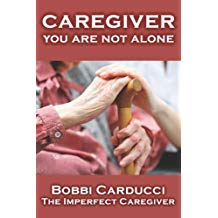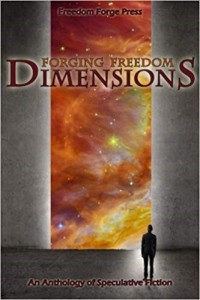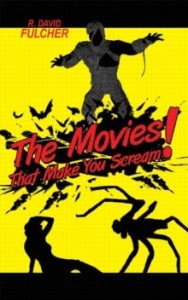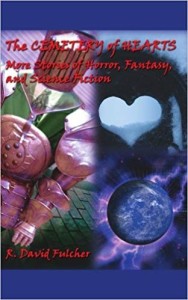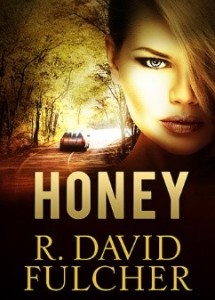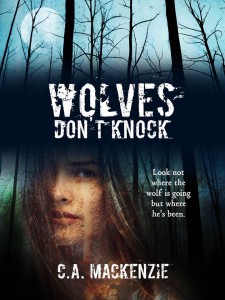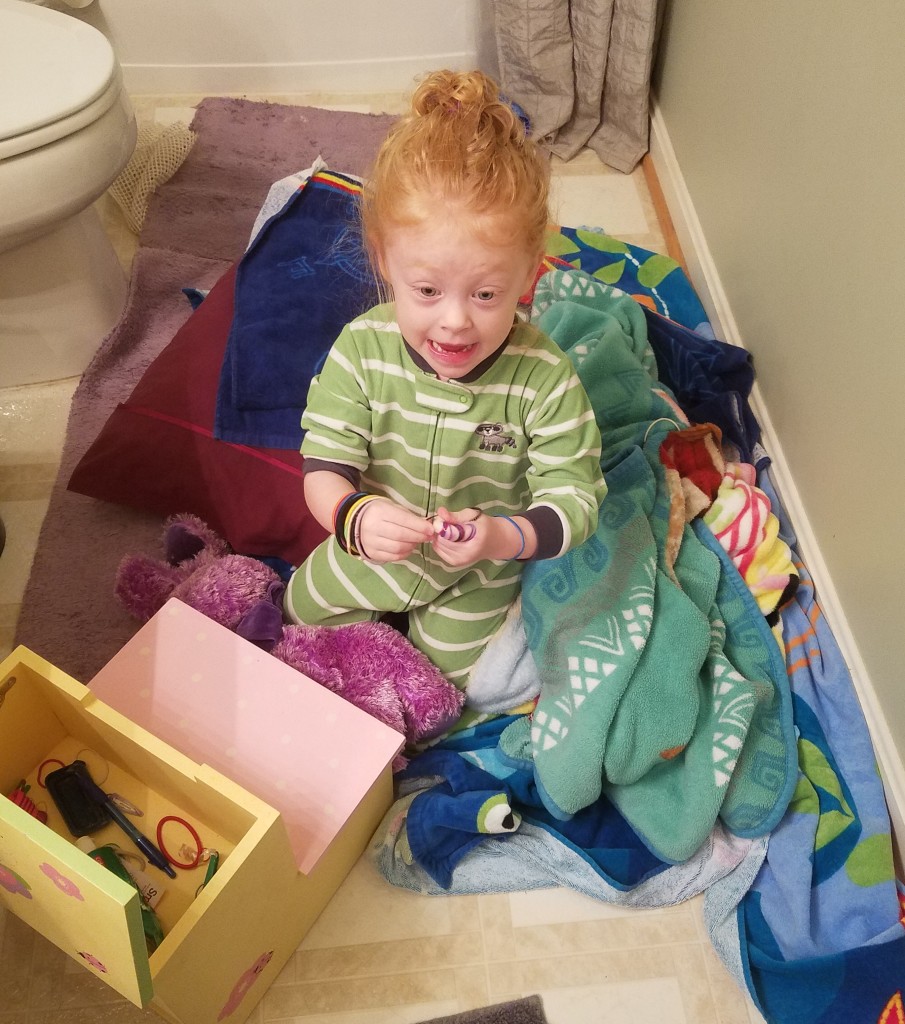Welcome to The Spot Writers. This month’s prompt is to write a story that involves a snow globe.
This week’s story comes from Cathy MacKenzie. Cathy’s novel, WOLVES DON’T KNOCK, is available from her locally or on Amazon.
***
The Snow Globe by Cathy MacKenzie
For the fourth time that day, Miranda stood in her bedroom. Her mother hadn’t disturbed the room except to clean and move some of her books into Kevin’s room.
She spied her Alice’s Adventures in Wonderland book and Ramona, the over-sized ratty rabbit she’d had since her third birthday, and cradled the soft toy in her arms, inhaling scents of long ago. Stuffing escaped from the seams where the stitching had loosened. One floppy ear hung lopsided where her mother, eons ago, had reattached it, but the ear would never be the same. No one could put Humpty Dumpty together again either, not to its original form.
The stuffed animal’s forlorn amber eyes stared the way Kevin stared at her, forcing her to look away. She heaved the stuffy to the bed and shrieked when she spied the snow globe on the shelf, a gift from her father on his last Christmas. The name tag had displayed both her parents’ names, but he had proudly exclaimed that he had picked it out, so she had always considered the gift from him alone.
She shook the globe. White flakes lifted from the bottom, revealing the bitty brick walkway leading from the log cabin to the edge of the glass. Mesmerized, she watched while the flakes settled and obscured the path.
Why did a cherished object bring forth such horrible reminders?
She sank to the bed, one hand clutching Ramona to her shoulder, letting the threadbare fleece absorb her tears. Too many scenes bombarded her: Paul, Kevin, her parents. What was real and what wasn’t?
How could one object that once held so many fond memories conjure such horridness? And how could one small object be so perfect in its portrayal: a non-descript cabin in the woods, an ordinary path leading to the cabin’s door. Pristine snow.
The more she stared, the more the past surfaced. Memories she wanted to forget were jammed in a plastic object, small enough she could hold it in her hand. Small enough she could toss it across the room, watch water cascade down the wall, and eye fake snowflakes falling to the carpet instead of to the bottom of the globe. She could even crush the trees and the cabin beneath her feet.
She wanted to scream. Wanted to shout to a God she didn’t believe existed.
She shook her head, bringing herself back to the present, and squinted at the innate object in her hand. The scene should be a tranquil one—and it would be to anyone but her—but it showcased where she’d spent six years of her life. She almost hurled the globe as she had Ramona Rabbit minutes previously, but she returned it to the shelf, sliding it behind a china doll.
No matter the horrid memories, she couldn’t trash one of the few treasures she had left of her father.
She must pull herself together. Had it been purely by accident she’d managed to escape the kidnapper’s clutches? Her foggy mind wouldn’t allow her back there, at least not to that last evening. Perhaps God did exist, after all.
She dried her tears, slipped off the bed, and knelt on the floor. “Thank you, Heavenly Father. Thank you.”
The foregoing is a passage (slightly revised) from a scene in the book, WOLVES DON’T KNOCK. Miranda is kidnapped at sixteen, escapes after six years, and returns home. She and her mother must learn to readjust while constantly looking over their shoulders, wondering if and when the kidnapper will return. Twists and turns will keep the reader turning the pages.
Read this book to discover, as Paul Harvey would say, “the rest of the story.”
***
The Spot Writers—Our Members:
Val Muller: https://valmuller.com/blog/
Catherine A. MacKenzie: https://writingwicket.wordpress.com/wicker-chitter/
Phil Yeats: https://alankemisterauthor.wordpress.com
Chiara De Giorgi: https://chiaradegiorgi.blogspot.ca/

